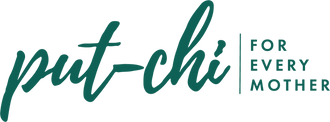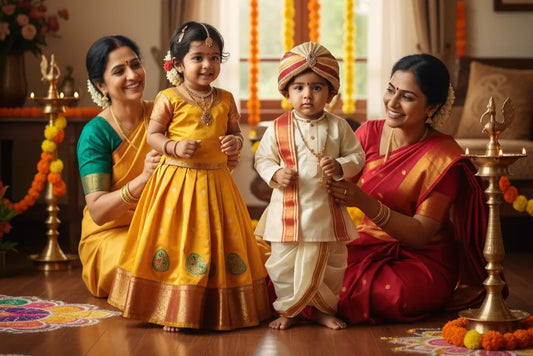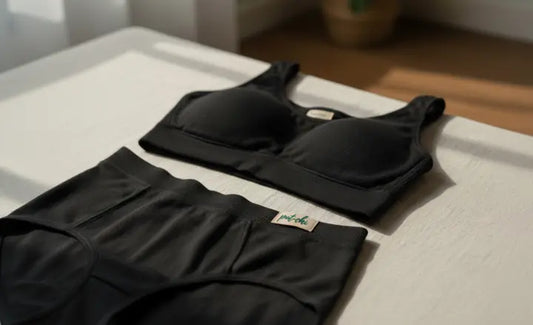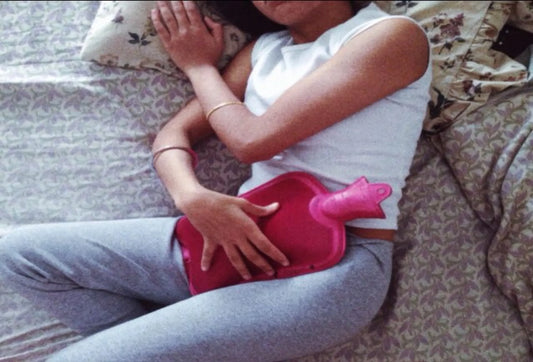
The Sweet Lie: Why Honey Isn’t Safe For Babies
That’s what I was told when I gently refused to give honey to my baby. I understand these actions often come from a place of deep love from people who’ve raised children themselves and genuinely believe that a little sugar, jaggery or honey brings good luck and comfort. Honestly, I get it. These gestures are rarely just about food. They’re rooted in tradition, blessings and beliefs passed down over generations.
But parenting today looks different. I find myself staying up late researching ingredients, reading nutrition labels, and cross-checking medical advice to make the best choices for my child. We’re raising our children in an age of awareness with access to evidence-based guidance and more scientific research than ever before.
One of the most important things I’ve learned is this: The World Health Organization (WHO) and all major pediatric associations strongly recommend exclusive breastfeeding or formula feeding for the first six months. That means no solids, no water, no sugar water, and absolutely no added sugar or honey during this period. A baby’s digestive and immune systems are still developing and simply aren’t ready to process anything else.
Once a baby turns one, their digestive system is usually mature enough to handle honey but before that, even a small amount can pose serious risks. Honey can contain spores of a bacteria called Clostridium botulinum.
While harmless to older children and adults, in babies under 12 months, these spores can multiply in the gut and produce toxins that cause infant botulism, a rare but potentially life-threatening condition that affects muscle control and breathing. What’s even more alarming is that cooking or baking honey doesn’t kill these spores. So, no form of honey is safe before the age of one.
And it’s not just honey I’m cautious about. Personally, I avoid giving my baby any form of added sugar for as long as possible. Sugar is highly addictive and early exposure can lead to bloating, colic, tooth decay, and a lifelong preference for sweet foods are hard to undo later. Babies don’t need sugary foods to feel comforted. If baby is upset, its better to offer the breast which solves most problems or simply spend time with them.
These are the kinds of connections that truly soothe a child, not sugar or jaggery.
Mumma, you’re doing your best! Choosing safer practices doesn’t mean rejecting the love of elders, it means translating that love into thoughtful, modern decisions. You’re breaking generational patterns with so much care and intention.
So the next time a grandparent lovingly reaches for something sweet, it’s okay to smile and gently say: “We’re waiting until after one — just to be safe.”
Some of the Safer Natural Sweetness Options (After 6 Months):
- Mashed ripe banana
- Stewed apple puree (slow-cooked and mashed)
- Pumpkin puree
- Mashed sweet potato
- Steamed carrot mash
- Breastmilk mixed with cereal or fruit









